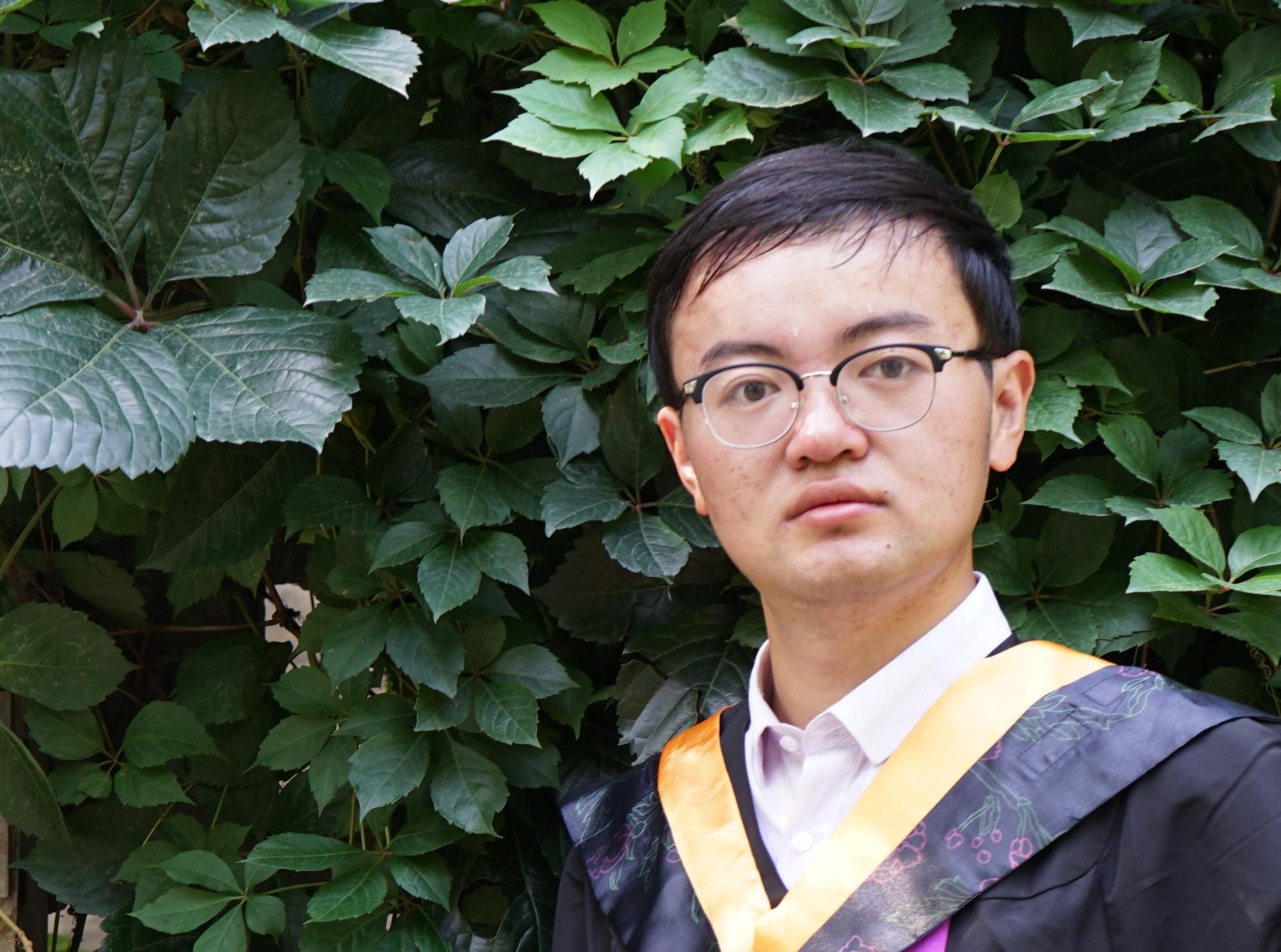Xin Zan wins two awards for wireless power transfer research
New research into implanted medical devices and peer-to-peer charging.

 Enlarge
Enlarge
Xin Zan, a University of Michigan PhD student advised by Professor Al-Thaddeus Avestruz, has won two awards for his research on high-frequency wireless power transfer.
The first was a Best Poster Award at the Workshop on Microsystems Technologies and Applications for the Internet of Things, titled “Wireless Power Transfer for Implantable Medical Devices Using Piecewise Resonance to Achieve High Peak-to-Average Power Ratio.”
This research focused on improving the efficiency of receivers for implantable medical devices. These receivers enable charging of implanted devices without the need for wires, and their associated risk of infection. By using a piecewise resonant system, Zan was able to increase output voltage by 30% while remaining within safety metrics required so that surrounding body tissue is not heated beyond normal.
The second award was the WoW Student Paper Competition Certification of Merit at the 2018 IEEE Power Electronics Society Workshop on Emerging Technologies: Wireless Power. Zan’s paper was titled “27.12 MHz Bi-Directional Wireless Power Transfer Using Current-Mode Class D Converters with Phase-Shift Power Modulation.”
This work studied and demonstrated bi-directional wireless power transfer at 27.12 MHz. Such technology could be used for peer-to-peer charging among consumer electronics, such as a laptop charging a phone, or a phone charging another phone.
Zan received his bachelor’s degree in Electrical Engineering and Automation from Tsinghua University, China in 2016, before pursuing his doctoral degree at U-M.
 MENU
MENU